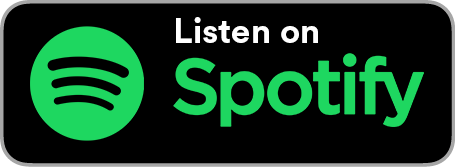Original Air Date: November 9, 2020
Honor your anger. Honor your pain.
CYRO’s words resonated deeply with me – like a bell used to awaken your spirit.
This isn’t just an interview.
It’s an awakening. It’s a residence. It’s a healing.
I am so grateful that CYRO took the time to sit down and share their passionate and powerful wisdom with all of us.
Leah Kirby, also known as CYRO, creates theatre that incites change and incorporates non-western techniques in order to explore social, economic, and political issues through a non-traditional format.
They are an activist, theatre maker, actor, writer, and drag thing named CYRO.
CYRO is a Queer, Non-Binary, DRAG THING!
They bring strength, beauty, and awareness to the stage with acts like 'Run Rabbit', exploring the struggles of gang induction and violence within black communities, and 'I am not your', a piece that delves into black masculinity within a non-binary body and shows the beauty it can exude by stripping back the facade.
They use spoken word, movement, composition, Lip syncing, and storytelling within their work to incite change through artistic calls to action.
I am telling you: this interview is everything you have been looking for in a THE Celebration episode.
Do yourself a favor.
Hit play.
You can learn more about Cyro through their website, or you can follow them on Instagram.








